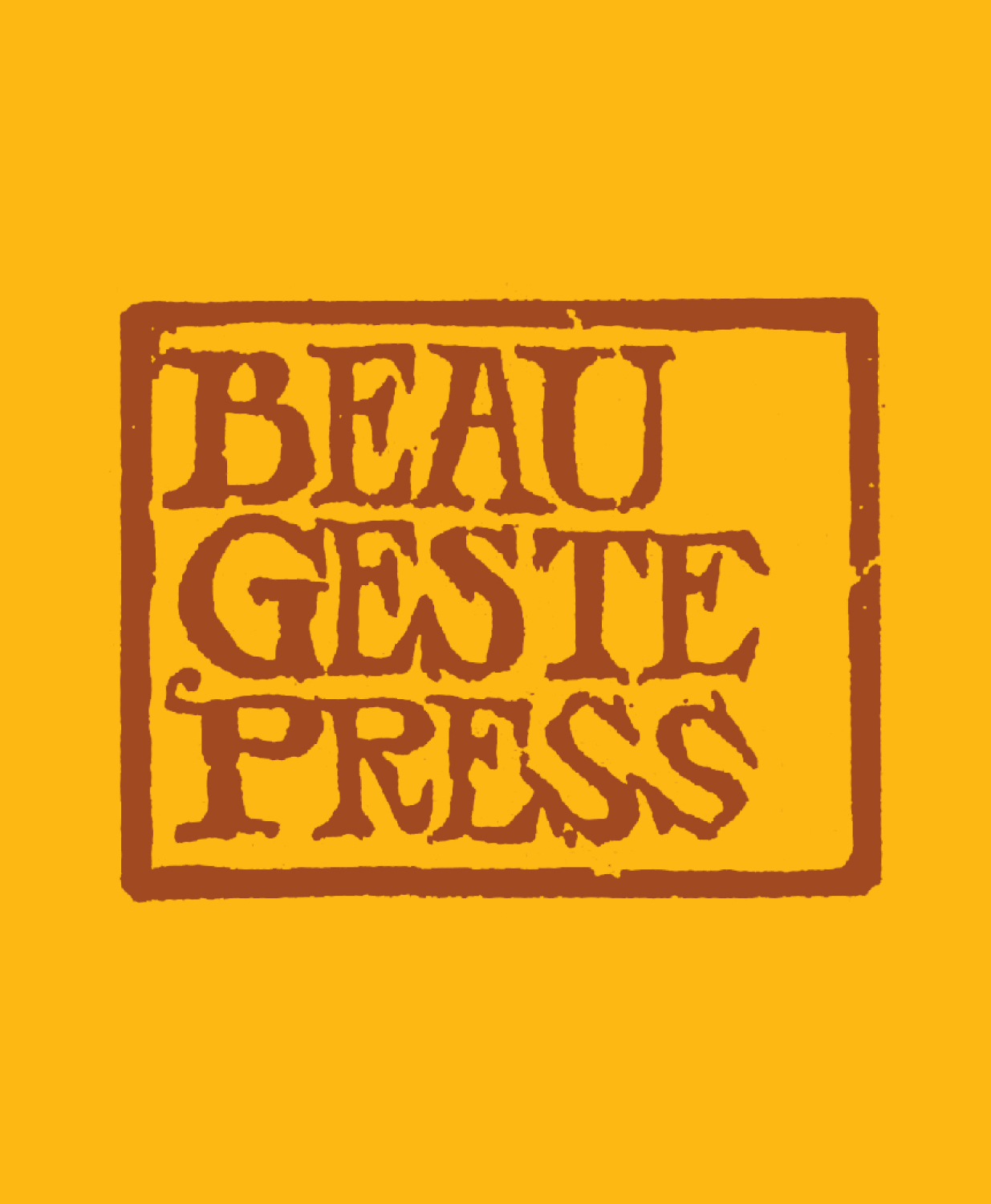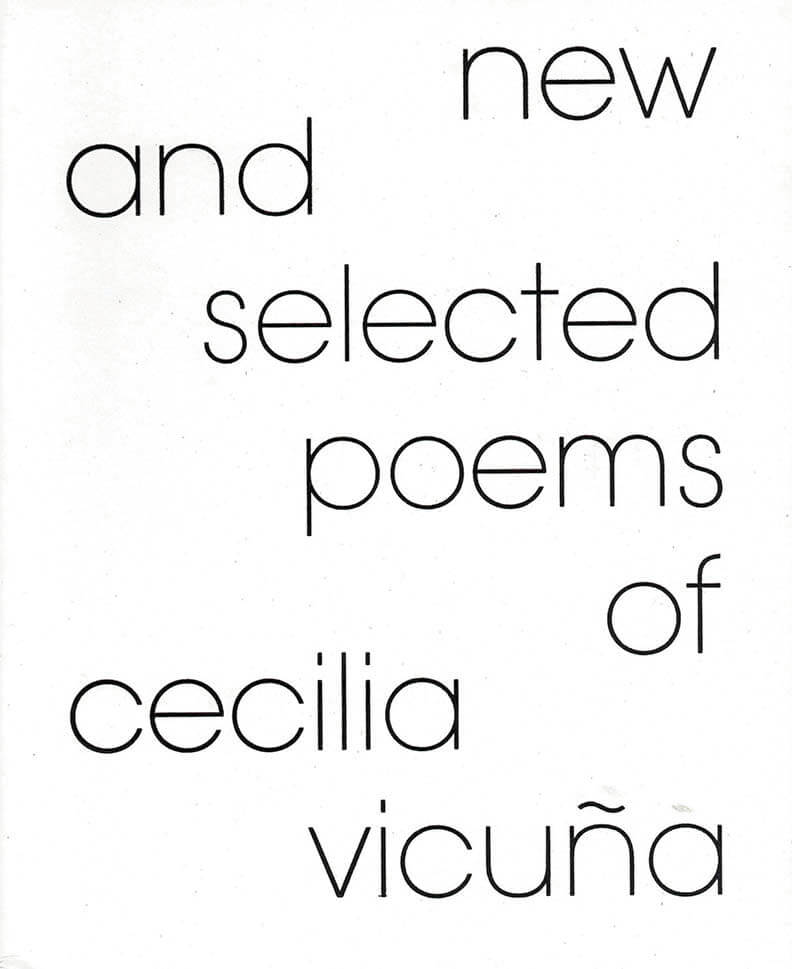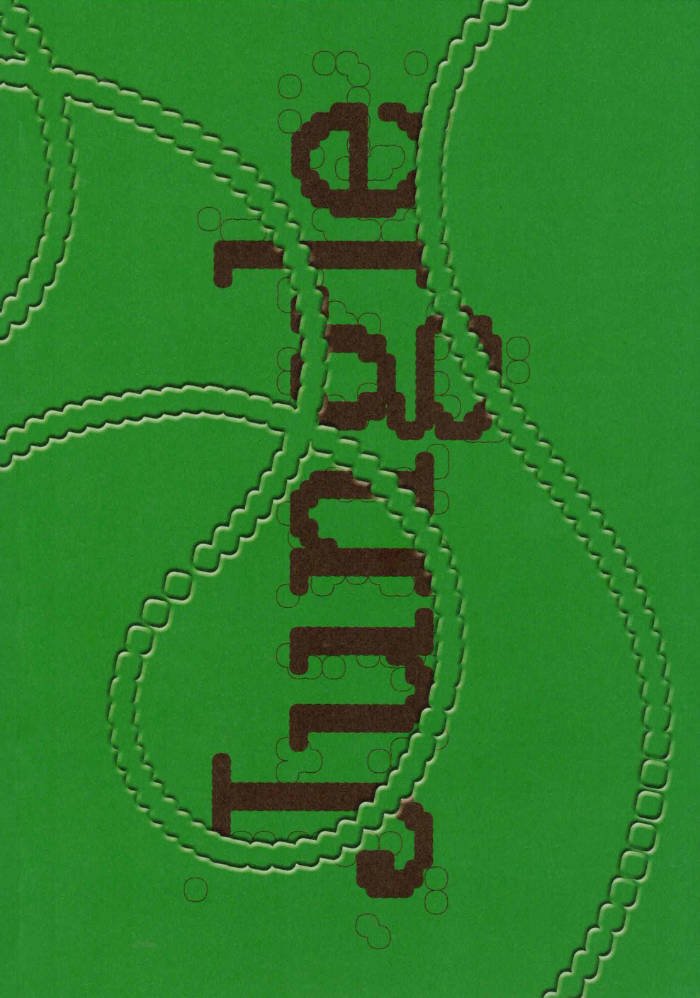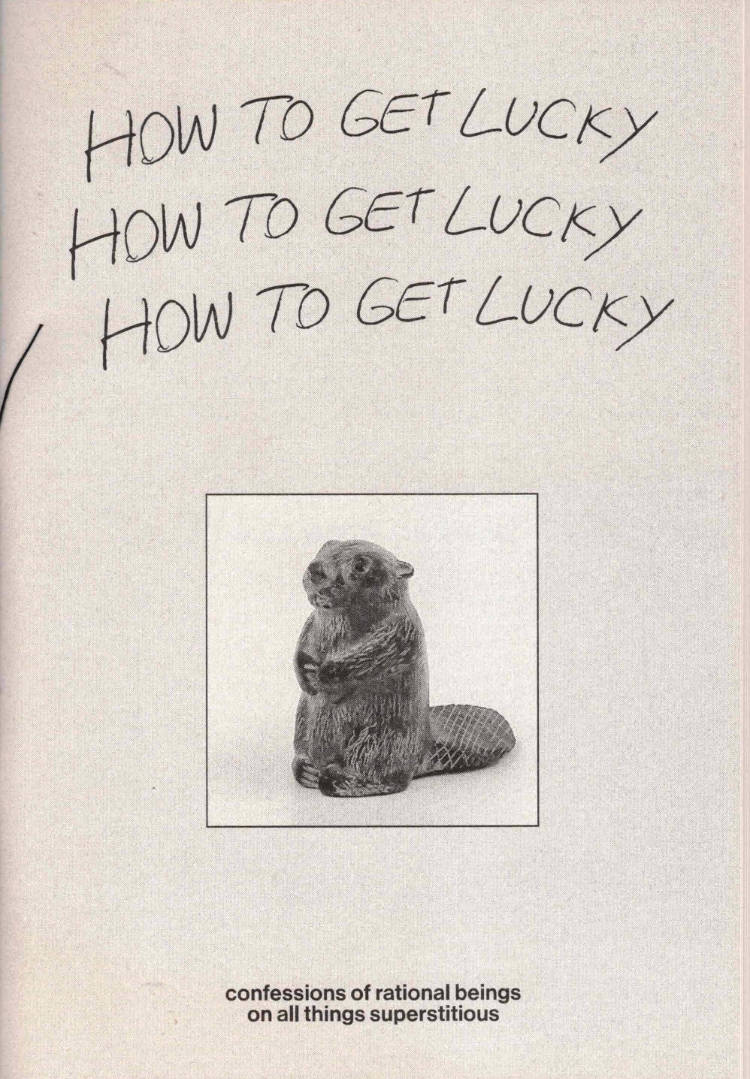
Saborami: Expanded facsimile edition
Cecilia Vicuña created Saborami in the aftermath of the September 1973 military coup in Chile. Combining poetry, journal entries, documentation of artworks including assemblages and paintings, the book was published in Devon, England in an edition of 250 hand-made copies by the artist-led Beau Geste Press. It was one of the first artistic responses to the violence of the fascist junta.
In recent years, Vicuña has gained increasing renown, including a retrospective at Kunstinstituut Melly (FKA Witte de With, 2019) and installations at the Guggenheim (2022); and Tate Modern (2023). Saborami is one of her most important works, made at a turning point in her life and career, and reverberating through to the present day. Though the book is highly regarded, it has also been hard to access. This new, expanded facsimile edition remedies this oversight, and restates Saborami as a central example of artistic engagement in material and revolutionary resistance.
Engaging obliquely with the legacies of surrealism, contemporaneous experiments in concrete poetry and the British conceptual art practices of the 1960s and 1970s, Saborami is part of an exilic and internationalist tradition. Years ahead of her time, Vicuña outlines an eco-socialist and feminist vision in the face of defeat.
Coinciding with the fiftieth anniversary of the book’s original publication and of the coup in Chile, this expanded edition contains a new introduction by art historian and curator Amy Tobin and poet and writer Luke Roberts. It includes rarely seen archival material from Vicuña’s time in London, such as contributions to the feminist newspaper Spare Rib, commentary from BBC coverage, and her role in Artists for Democracy in Chile and other solidarity campaigns.







